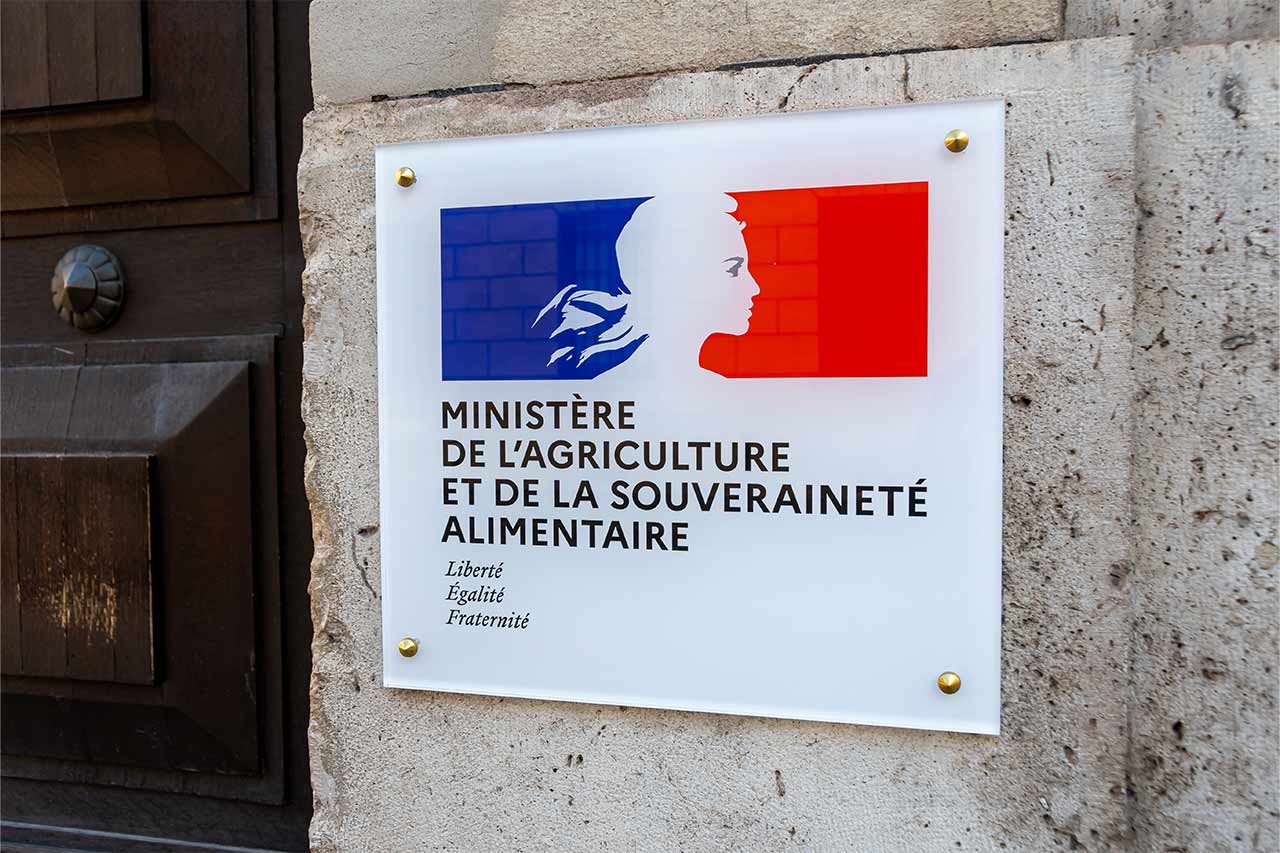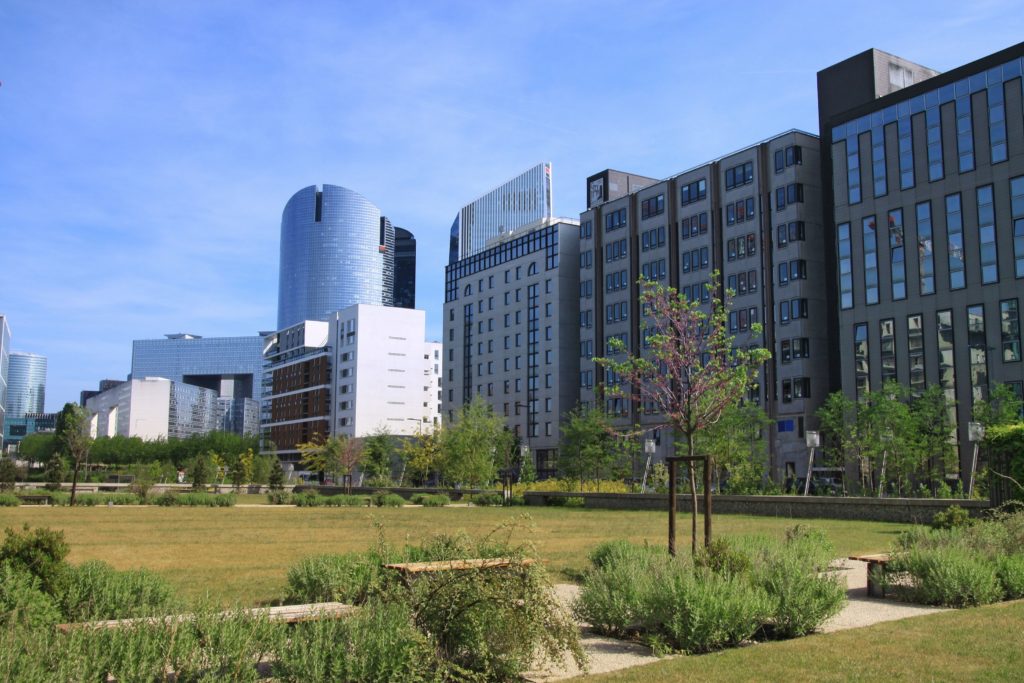
Industrial relocation

Master your production and supply chains by bringing back your production units
Our specialized team supports public and private decision-makers in their relocation projects by redefining the supply strategies of companies and supporting the economic attractiveness of regions.
They trust us







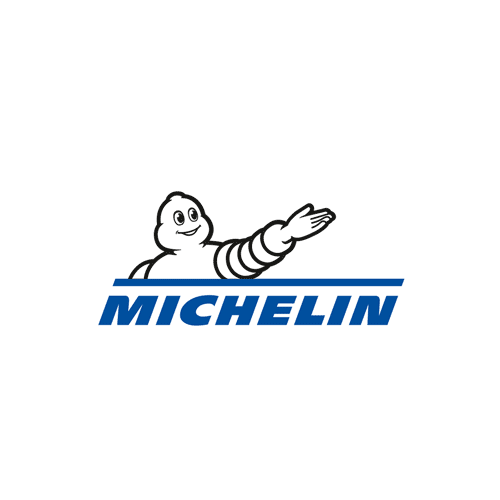

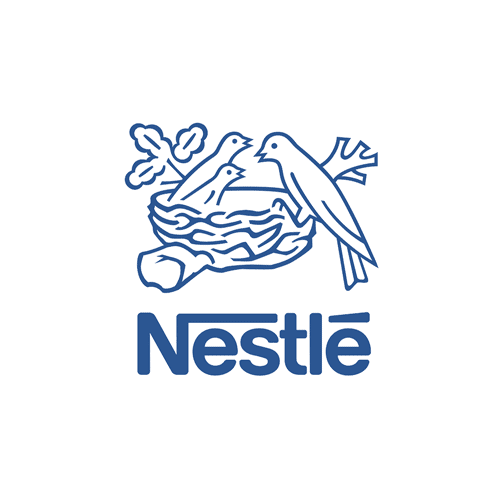
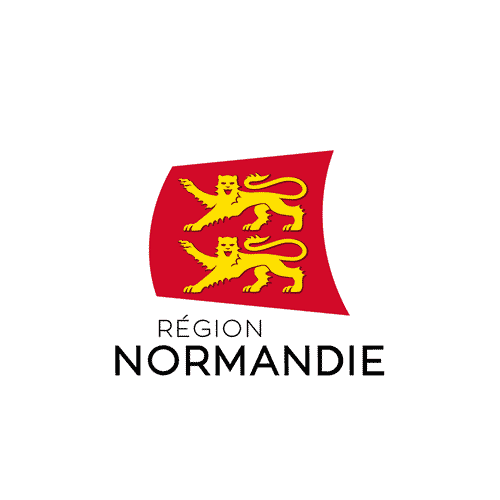
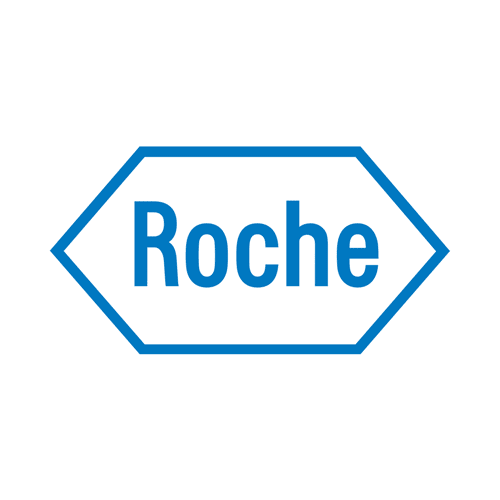




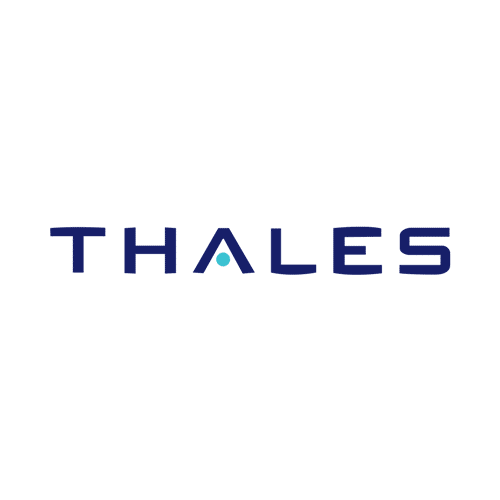
The challenges related to industrial relocation
The challenges in relocation are numerous and are shared in common by several sectors. The key challenges are:
- Those related to industrial and strategic sovereignty by controlling the supply chain and reducing delivery delays
- Those related to economic development, with establishment or development of production sites and the associated economic impacts
- Those related to reducing the environmental impact linked to supply chain size and the associated transports
Moving production to their home countries enables a company to control the entirety of its production line, while controlling more effectively the uncertainties of supply chains. Further, it allows the company to limit transport costs and delays while benefiting from a generally more qualified and better trained labor force. One of the pillars of the “France Relaunch Plan”, an incentive for the relocation of pharmaceutical company activities, is demonstrated by the decision of the pharmaceutical company Sequens to build a new production unit for paracetamol in Isère.
The effectiveness of such relocation policies is well demonstrated by the results of their implementation in France: more than 90 companies decided to move their production sites in France in 2021, compared to around 10 before “France Relaunch” was implemented. this policy enables the identification of the critical sectors, including health, agri-food, energy, and defense, where France must control its own production and avoid dependence on other countries in order to address its own needs. In this way, it is a true opportunity for companies and territories.
What strategy should I implement to relocate my activities? Where and how should we start to de-risk by gradually rolling out this relocation? How can new partners be identified? What is this impact on my business? What public funding exists that is applicable to my project?
What strategic sectors should be prioritized? What possible levers can encourage this relocation? What are the expected competencies and trainings?
Moving production to their home countries is often synonymous with installing new production sites, creating local jobs, and the resulting economic impacts for the implicated region. The challenge for these regions is thus to define an “attractiveness strategy” to promote the movement of new players and relocation of activities to their region.
This can be done by promoting interactions within the local ecosystem (universities, researchers, partners, suppliers, etc.), providing quality infrastructure and equipment, and capitalizing on local know-how. An example of this is seen in the manner by which the “battery valley” in France came to be structured, with the building of 3 “giga-factories” in the region, accompanied by billions of euros of investments and the creation of tens of thousands of jobs.
We work with public and private players to identify large-scale projects and their opportunities by anticipating the upstream and downstream links in the value chain and the creation of value.
How can my economic development strategy be defined in a way that promotes the relocation of new projects to my region? What trainings and skill developments should be emphasized to make the region more attractive? Which large-scale industrial projects could lead to the creation of new markets and needs?
Relocation is also a ways for companies to limit their environmental impact by reducing the length of their production and distribution chain, as well as the associated CO2 emissions. In this sense, moving activities is one of the primary levers of the ecological transition. It’s in this manner that France’s “Banque des territoires” (bank of the territories) implemented the “industrial territories” program to offer help and fundings to territories to which companies decide to move, notably by investing in infrastructure and industrial property (digital and transport networks, rehabilitating brownfield land, delivery of turnkey sites, etc.).
We know that by finely analyzing a territory’s industrial sectors, we often identify challenges related to recycling co-products or wastes of certain industries into other sectors.
How can relocating my activities fit into my roadmap for reducing carbon emissions? What deployment and management tools can be used? What performance indicators can be used?
What tools should be made available by industry players to help them visualize possible strategies and their impact on reducing carbon emissions?
How we support you in your projects related to industrial relocation
Alcimed supports its public and private clients on numerous subjects around the challenges of relocation, and notably on questions about defining supply chain strategies or promoting regional economic attractiveness policies.
We conduct opportunity studies by analyzing industrial sectors and identifying the assets of a particular region in terms of infrastructure, facilities, and expertise. Since the health crisis, our team is particularly active in supporting our clients with national plans that aim to move production and stimulate the local economic fabric, especially by calls for projects.
The diversity of our clients (industry players, start-ups and innovative medium-sized businesses, public players in economic development, etc.), the geographic areas we explore, and the types of projects we carry out give us a global and in-depth understanding of the issues linked to relocating industrial activities, whether they relate to industrial or public players.
Examples of recent projects carried out for our clients in industrial relocation
Creation of the healthcare sector roadmap of a French urban area in identifying reindustrialization opportunities
Our client, one of the largest French urban areas, wanted to understand the areas to prioritize in its health sector in order to implement a strategy that would offer support and attract industrial projects.
After an internal sector inventory and understanding the overall dynamics and policies of the field’s investments, we identified e-health and bioproduction as two particularly pertinent sectors.
In the context of our project, the client could deploy a roadmap and plan of actions to implement in the healthcare domain.This included a targeted policy to attract a pharmaceutical production unit by making direct contact with players in the healthcare sector, and presenting the region’s value proposition to attract future investment.
Definition of possible strategic reconversion schemes following the closure of economic activities
Our client, a local authority, had to close a key industrial site that was a major source of job creation and employment attractiveness for the region.
Our teams were put into action to reflect on different possible scenarios to implement new valuable activities of the industrial site with a focus on the energy transition. After cross-referencing the strengths of the region with the industrial and technological opportunities to be developed around the energy transition, we planned the development of an industrial hub and its strategic areas.
We also worked upstream to find industrial links to bring content and use cases to this hub.
Economic viability assessment of a potential new industrial site
Our client, a local authority, identified a key industrial opportunity and wanted to take the lead in imagining a production unit and studying its economic viability.
After analyzing the market and identifying the market position to take, our teams built different positioning scenarios of an industrial offer that we modeled around attainable profitability challenges.
Our work enabled the validation of a market opportunity and an industry project that would be economically viable. Our clients could then validate the relevance of launching an engineering strategy to build their industrial site, as well as building a public-private vehicle that could govern the site.
Scouting and analysis of security solutions for supply chains of a manufacturer’s critical raw materials
Our client, a French manufacturer, noticed tension in their supply chain for certain primary materials (notably for their activities linked to the energy transition).
They asked for our help in carrying out an exhaustive analysis of their activities to identify all of their primary materials in order to analyze the possible risks to their supply and demand, and to understand their future internal needs in order to predict their potential exposure to shortages.
By taking into consideration the supply chain risks, the client’s needs, and the national ecosystem, we identified together all of the possible scenarios for limiting their risk exposure: reinforcing the local industrial sector, building a recycling sector, and even acquisition of players involved in local production sectors such as mineral extraction or refining.
Structure and positioning of a national academic platform to meet the biomanufacturing needs of regional players
Biomanufacturing is a real sovereignty issue if we are to control a French industry capable of producing new drugs from start to finish. It was around this challenge that our teams helped a national academic platform to position its offer in line with the expectations of players in the region.
We supported our client by identifying current biomanufacturing practices from the pre-clinical to Phase I stages, with a focus on practices in place abroad, and completed the study by analysing the receptiveness of targets such as manufacturers, academic laboratories and start-ups.
Our work enabled us to validate the relevance of the project in the light of the competitive offer abroad, and the interest expressed by the targets!
Assessment of the relevance and economic feasibility of a flax processing plant relocation
Alcimed assisted a French agglomeration with a brownfield reconversion project, wishing to relocate the flax processing activity.
We identified the key players in the flax industry in the region, across the entire value chain, and characterised their receptiveness in addition to that of textile brands. We also analysed the conditions and resources required to set up such a processing project.
The agglomeration we supported was able to benefit from an enlightened vision of its opportunities, and to validate the interest of the relocation project on a specific link in the value chain. The study also helped to identify funding opportunities, and led to the submission of an application to the call for expressions of interest “Territorial clusters of cultural and creative industries promoting the structuring of local ecosystems” as part of France 2030.
Economic and financial audits of industrial projects for the examination of requests for public aid on behalf of the DGE and the ANCT
From 2011 to 2018, Alcimed was responsible for carrying out, on behalf of the Directorate General of Enterprises (DGE) and the National Agency for Territorial Cohesion (ANCT), strategic audits of industrial projects as part of examining applications for regional planning grants (PAT) and reindustrialization assistance (ARI).
This governmental aid was intended to create value for a territory, either in terms of industrial relocation, product-process innovation, or regional development for the purpose of job creation.
The audits carried out by our teams made it possible to objectivize the decisions to allocate this public funding in the form of subsidies or repayable advances.
You have a project?
To go further
Public policy
How to ensure France’s food sovereignty?
What is the difference between food sovereignty and food self-sufficiency? How to ensure it at the level of French territories?
Healthcare
The relocation of the pharmaceutical industry in France: what are the challenges in the context of COVID-19?
The COVID-19 health crisis has brought to light the need to improve France's industrial and sanitary autonomy for the supply of medicines and medical devices, and, for the first time, answers were ...
Articles
CSR approach for business parks: a new key success factor for territorial authorities?
The CSR commitment of business parks: a new lever for action to boost their attractiveness and make them a driver of territorial economic development!
Founded in 1993, Alcimed is an innovation and new business consulting firm, specializing in innovation driven sectors: life sciences (healthcare, biotech, agrifood), energy, environment, mobility, chemicals, materials, cosmetics, aeronautics, space and defence.
Our purpose? Helping both private and public decision-makers explore and develop their uncharted territories: new technologies, new offers, new geographies, possible futures, and new ways to innovate.
Located across eight offices around the world (France, Europe, Singapore and the United States), our team is made up of 220 highly-qualified, multicultural and passionate explorers, with a blended science/technology and business culture.
Our dream? To build a team of 1,000 explorers, to design tomorrow’s world hand in hand with our clients.
To understand industrial relocation, it’s necessary to take into account the process of outsourcing and transfer of economic activities, capital and job opportunities, which was concentrated in the 1980’s in parts of the world with low labor costs. Industrial relocation is thus the phenomenon of moving these previously outsourced production units back to their country of origin.
While still limited today, this movement has been underway since the early 2000’s. Notably, the call for relocation has gained ground since the COVID-19 pandemic after disruption of global supply chains, such as those that resulted in lack of paracetamol and respirators. Today, several strategic sectors are particularly affected by this phenomenon, including healthcare, electronics, manufacturing, agri-food and energy.
One of the major challenges of the France 2030 plan is to ensure the production of at least 20 biomedical products in France, particularly for cancer and chronic diseases, and to enable the creation of the medical devices of tomorrow. To achieve this, strategies have been developed, such as the “Biotherapies and bioproduction of innovative therapies” strategy.
In addition, calls for projects are open to support academic research into industrial production, technology transfer and the deployment of scale-up phases, particularly for projects to develop new biomanufacturing processes or optimise existing biomanufacturing technologies. Calls for projects are still open, such as “Industrialisation and Health Capacities 2030” and “Première Usine”.
